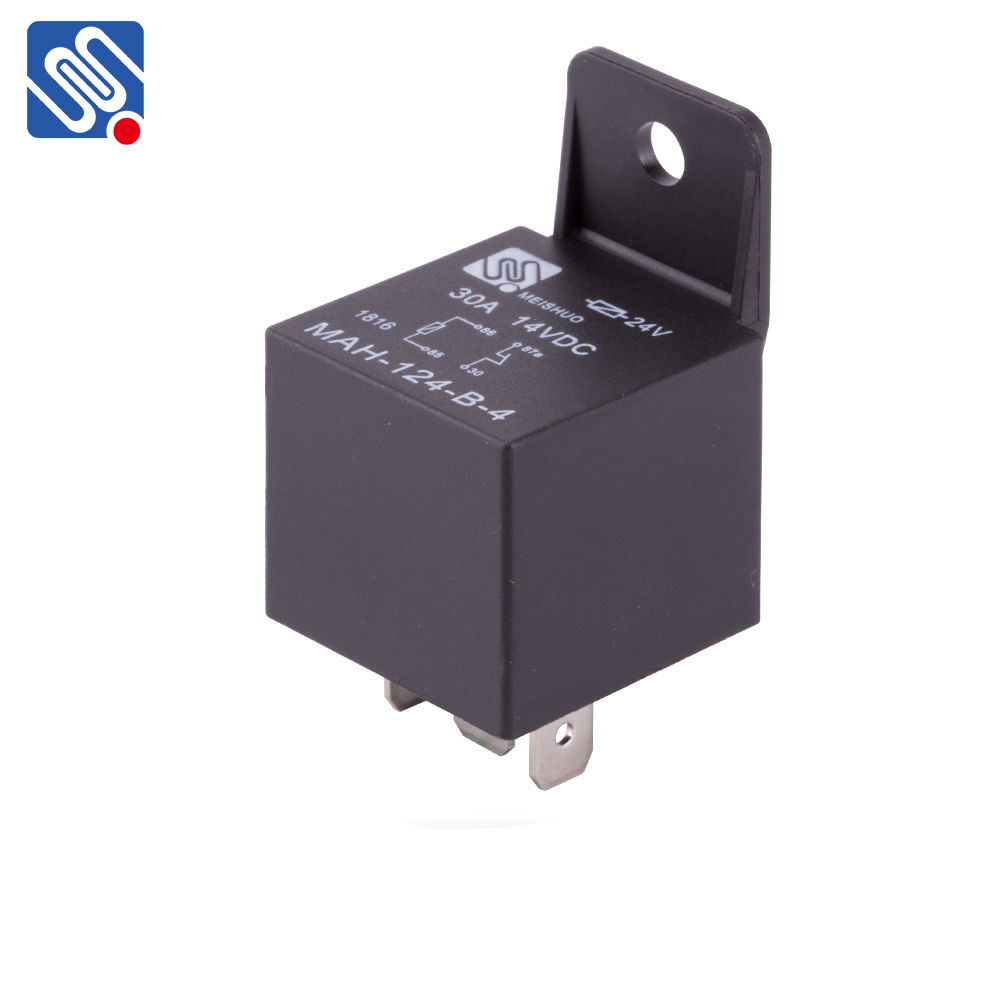the importance of 24v relays in automation systems: featuring meishuo relays
Release time:2025-04-21 04:51:41
In the world of industrial automation and control systems, relays play a crucial role in ensuring the smooth operation of machinery and electrical devices. A relay is an electrically operated switch used to control a circuit by opening or closing contacts in response to an external signal. One of the most commonly used relay voltages is 24V, particularly in automation and control systems, where its reliability and efficiency are highly valued. In this article, we will explore the significance of 24V relays, particularly focusing on the contributions of Meishuo, a leading manufacturer known for its high-quality relays.

What Is a 24V Relay?
A 24V relay operates on a 24-volt electrical system, which is commonly found in many industrial and commercial applications. The 24V relay's role is to control high-voltage systems with a low-voltage control signal. This makes it ideal for situations where it’s necessary to switch devices that require more power than a low-voltage circuit can safely handle. These relays are crucial in systems such as motor control, lighting, HVAC (Heating, Ventilation, and Air Conditioning) systems, and alarm systems, providing both flexibility and safety.
The 24V relay typically features a coil that is energized by a 24V DC signal, creating a magnetic field that pulls the switch into the closed position. This allows current to flow through the connected load circuit. Conversely, when the 24V signal is removed, the relay’s spring action opens the contacts, interrupting the current flow and ensuring the safety and functionality of the system.


